Exclusive: Who needs 600 kilowatt racks when a single computer can span entire datacenters?
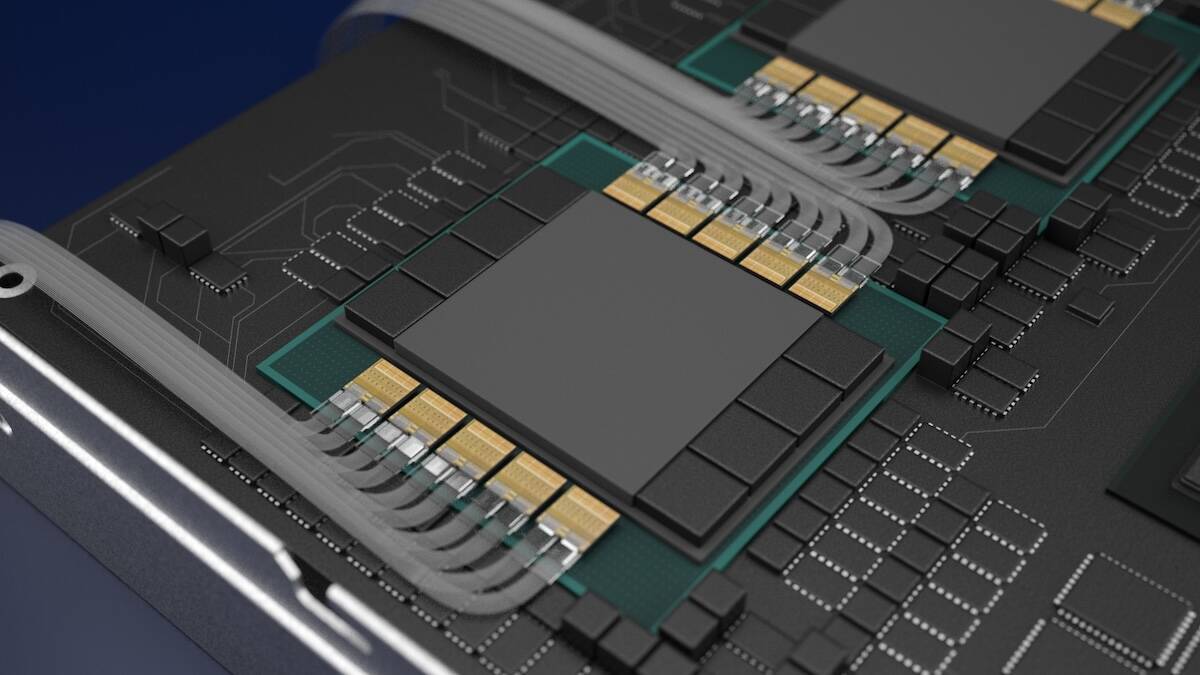

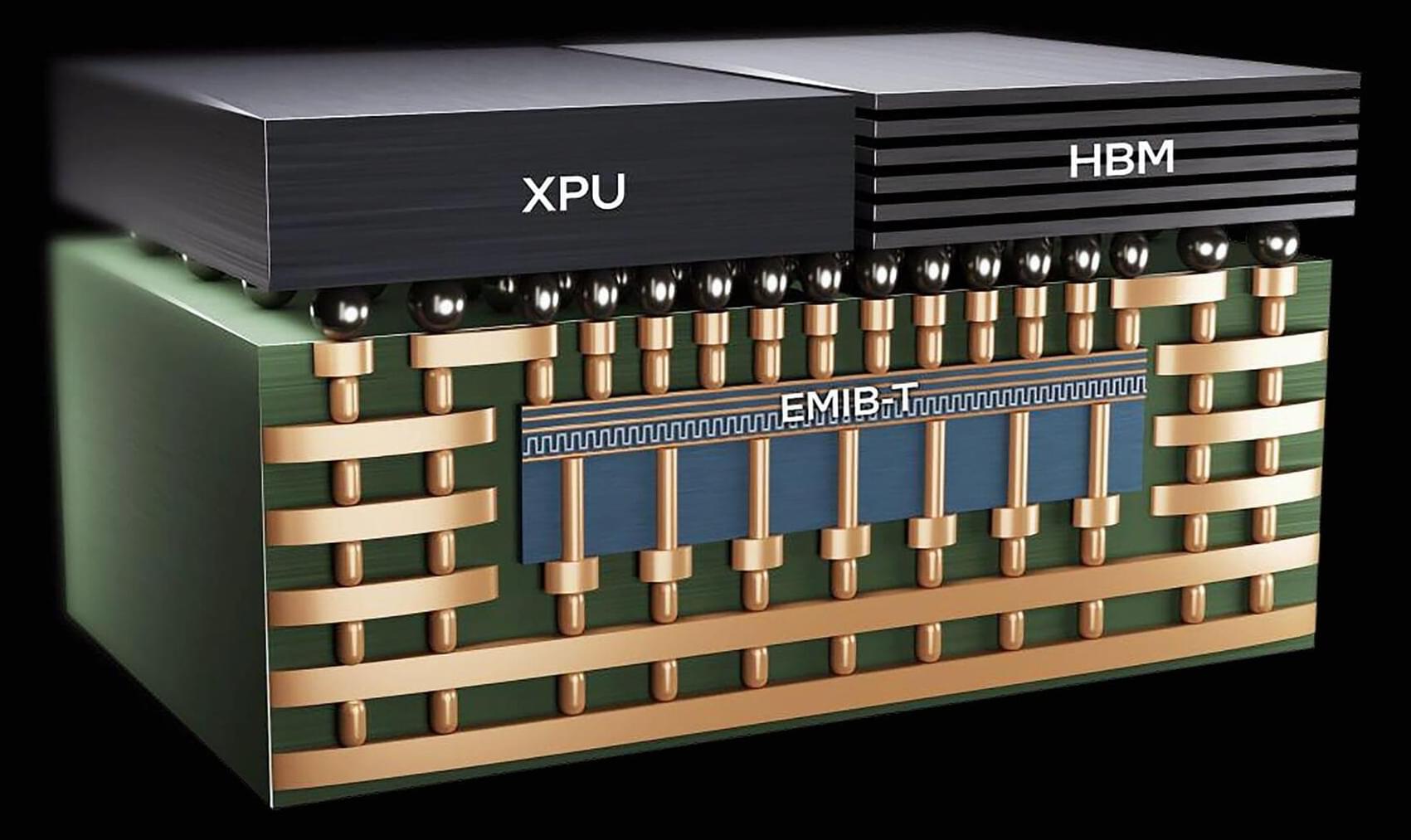
Intel might have been lagging significantly behind in the chip business, but when it comes to advanced packaging, the firm has competitive options.
Ever since high-performance computing became the norm in the industry, the demand for robust compute solutions has increased at a pace that surpasses the improvements brought about by relying solely on Moore’s Law. But, to meet the industry’s demand, manufacturers like AMD and NVIDIA adopted advanced packaging technologies, which essentially brought in ‘multiple chips’ in a single package, boosting chip densities as well as platform performance. Advanced packaging solutions have become an integral part of the supply chain, and TSMC has dominated this segment for several years now, but this could change.
In new job listings by Qualcomm and Apple, it appears that both companies are seeking talent with expertise in Intel’s EMIB advanced packaging technology. The Cupertino giant is hiring a DRAM packaging engineer, requiring experience in “advanced packaging technologies such as CoWoS, EMIB, SoIC, and PoP”. Similarly, Qualcomm is recruiting a Director of Product Management for its Data Center Business Unit, which requires familiarity with Intel’s EMIB as well, indicating that interest is defintely there.

Cascaded nonlinear optics has long enabled advances in short-wavelength generation, but equivalent approaches for long wavelengths remain underdeveloped. Here, the authors demonstrate a chip-based lithium niobate platform that delivers tunable mid-infrared light, opening new possibilities for sensing, spectroscopy, and communications.
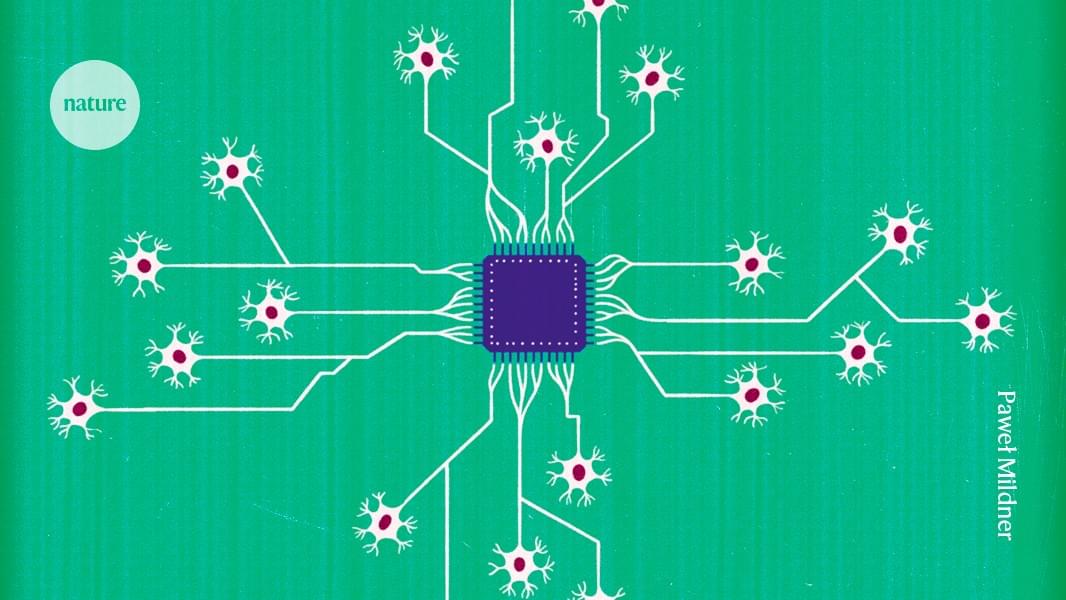
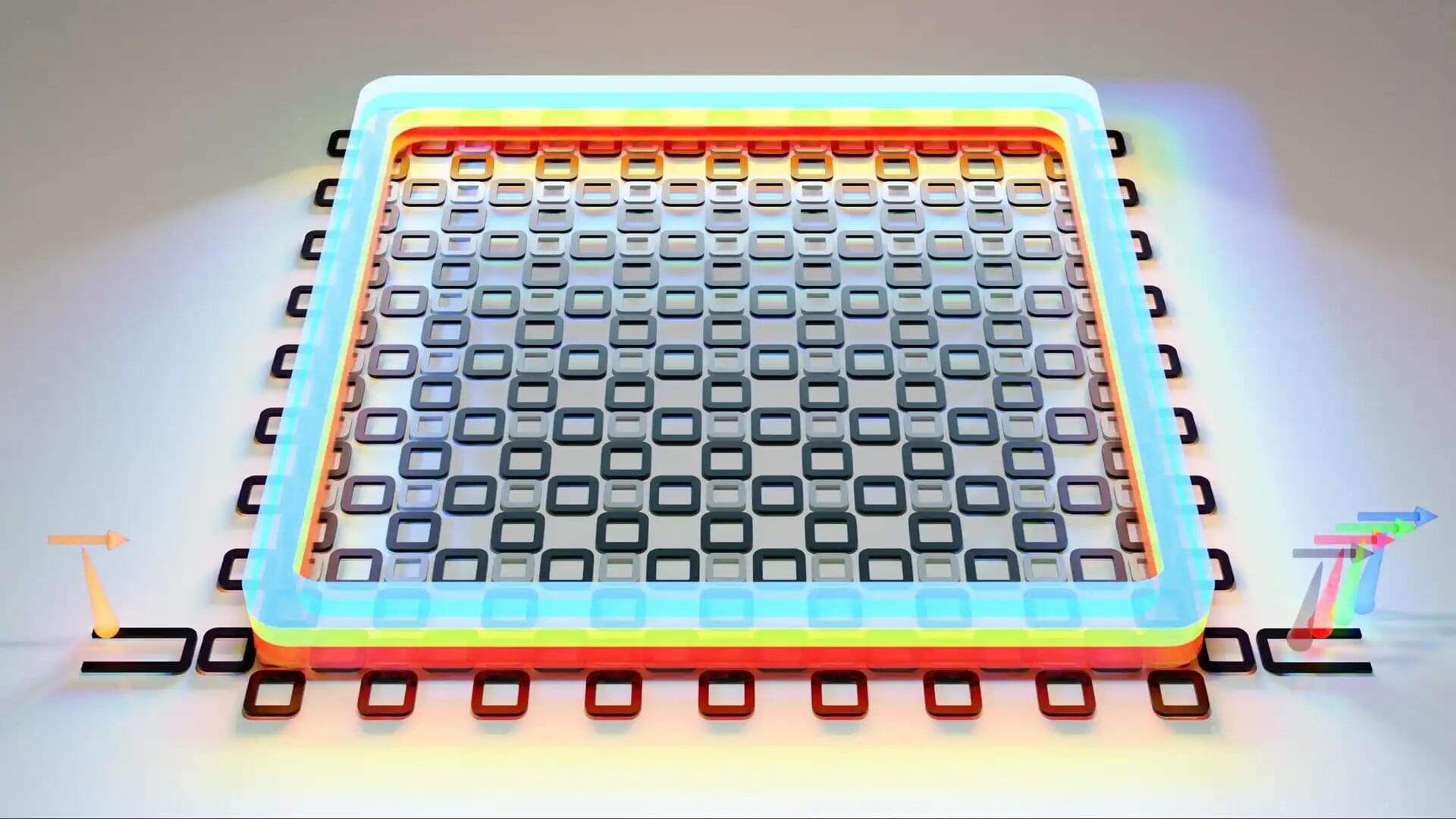
Over the past several decades, researchers have been making rapid progress in harnessing light to enable all sorts of scientific and industrial applications. From creating stupendously accurate clocks to processing the petabytes of information zipping through data centers, the demand for turnkey technologies that can reliably generate and manipulate light has become a global market worth hundreds of billions of dollars.
One challenge that has stymied scientists is the creation of a compact source of light that fits onto a chip, which makes it much easier to integrate with existing hardware. In particular, researchers have long sought to design chips that can convert one color of laser light into a rainbow of additional colors—a necessary ingredient for building certain kinds of quantum computers and making precision measurements of frequency or time.
Now, researchers at JQI have designed and tested new chips that reliably convert one color of light into a trio of hues. Remarkably, the chips all work without any active inputs or painstaking optimization—a major improvement over previous methods. The team described their results in the journal Science on Nov. 6, 2025.

A particle accelerator that produces intense X-rays could be squeezed into a device that fits on a table, my colleagues and I have found in a new research project.
The way that intense X-rays are currently produced is through a facility called a synchrotron light source. These are used to study materials, drug molecules, and biological tissues. Even the smallest existing synchrotrons, however, are about the size of a football stadium.
Our research, which has been accepted for publication in the journal Physical Review Letters, shows how tiny structures called carbon nanotubes and laser light could generate brilliant X-rays on a microchip. Although the device is still at the concept stage, the development has the potential to transform medicine, materials science, and other disciplines.
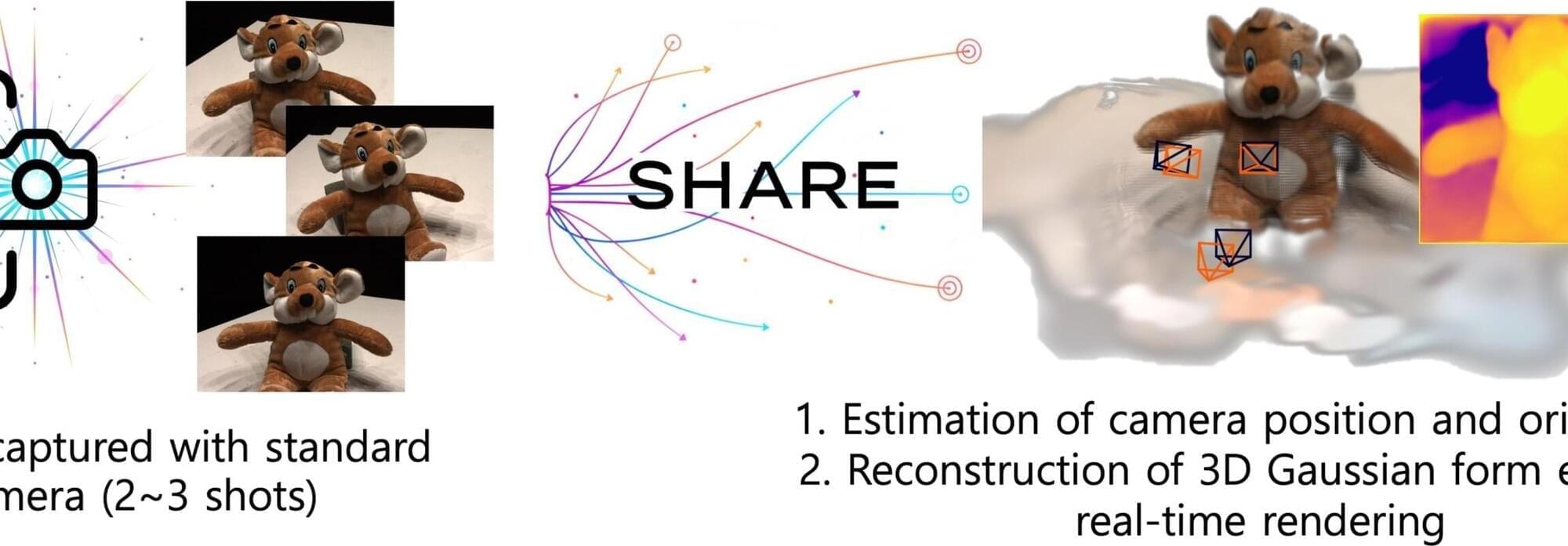
Existing 3D scene reconstructions require a cumbersome process of precisely measuring physical spaces with LiDAR or 3D scanners, or correcting thousands of photos along with camera pose information. A research team at KAIST has overcome these limitations and introduced a technology enabling the reconstruction of 3D—from tabletop objects to outdoor scenes—with just two to three ordinary photographs.
The results, posted to the arXiv preprint server, suggest a new paradigm in which spaces captured by camera can be immediately transformed into virtual environments.
The research team led by Professor Sung-Eui Yoon from the School of Computing developed the new technology called SHARE (Shape-Ray Estimation), which can reconstruct high-quality 3D scenes using only ordinary images, without precise camera pose information.

New research from the University of Waterloo is making inroads on one of the biggest problems in theoretical computer science. But the way to do it, according to Cameron Seth, a Ph.D. researcher working in the field of algorithmic approximation, is by breaking the problem down into smaller pieces.
“Everyone working in computer science and mathematics knows about the ‘P vs. NP’ problem,” Seth says. “It’s one of the notorious Millennium Prize Problems: so famous and so difficult that solving one will earn you a million dollars.”
To understand the crux of the “P vs. NP” problem, imagine an enormous jigsaw puzzle or a Sudoku puzzle. It would be a “P” problem if it could be solved relatively quickly by a computer, whereas they would be an “NP” problem if they were extremely difficult to solve, but a provided solution could be quickly verified.


TAYLOR, Texas (ABJ) — A Dallas-based developer is proposing to turn a 220-acre parcel directly northeast of Samsung Electronics Co. Ltd.’s rising factory in Taylor into a data center campus.
KDC will be considered by the Taylor Planning and Zoning Commission on Nov. 12 for an employment center plan for the site at 1,051 County Road 401 for what it’s calling “Project Comal.” Details are minimal, but it would have primary data center uses along with a small lot of space for commercial, civic and other uses, according to city documents.
KDC representatives declined to comment.